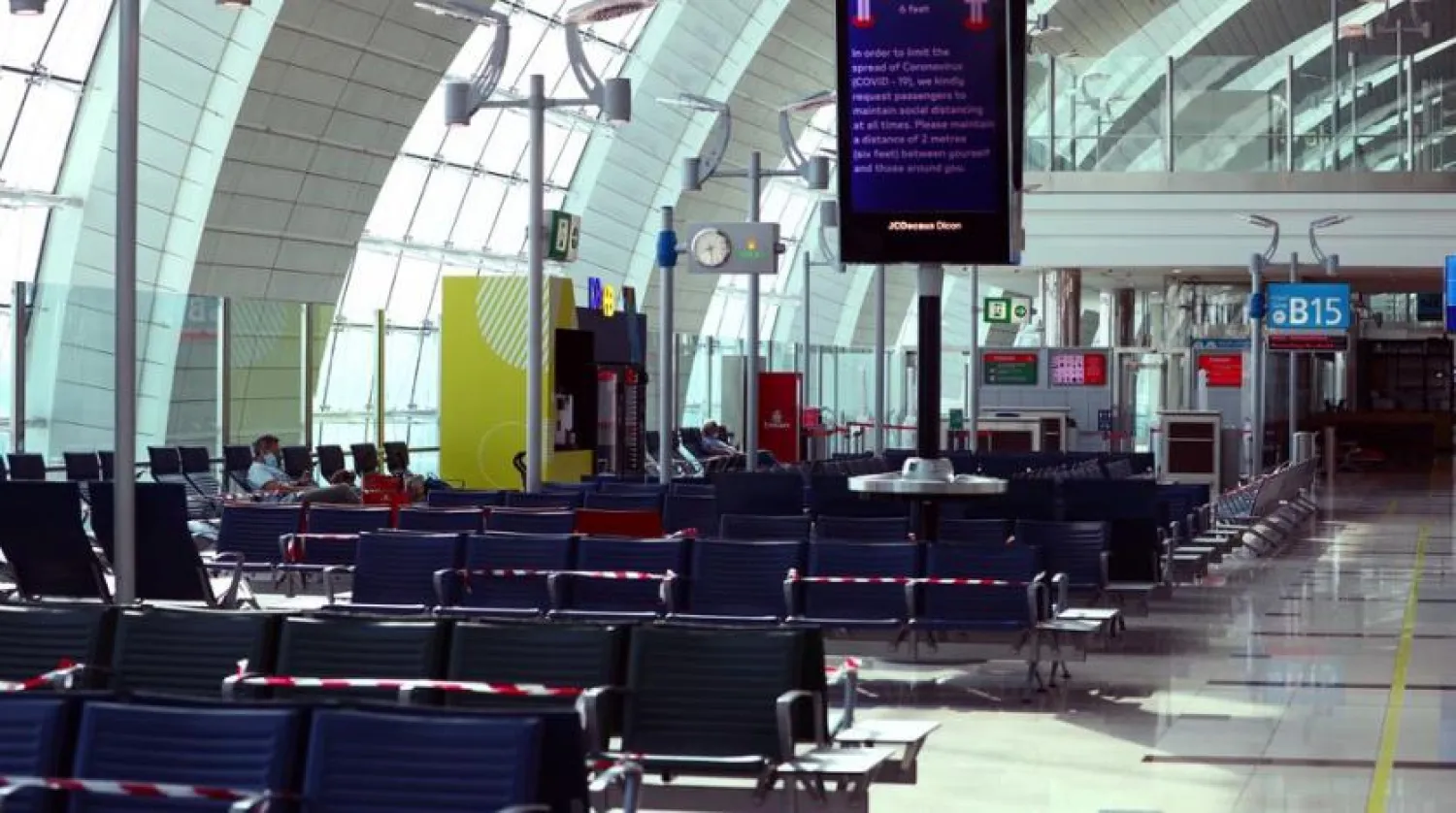Dubai's main airport said Tuesday it has retained its top place as the world's busiest for international travel with around 29 million passengers shuttling through the global gateway last year.
The 2021 passenger figures are encouraging for the tourism-driven economy of Dubai, regarded as a critical link between East and West.
The numbers are sign that international travel has picked up somewhat since the coronavirus pandemic spawned unprecedented global lockdowns and border closures in 2020. Last year's figure represents a 12% increase in traffic at Dubai International Airport compared to 2020, which had recorded nearly 26 million travelers.
Still, even with 29.1 million passengers crisscrossing last year through Dubai International Airport, or DXB, the figure is nowhere near the pre-pandemic milestone of 86.4 million in annual traffic logged by the airport in 2019, The Associated Press reported.
Just over 70% of Dubai's airport traveler figures last year represent arrivals, with much of that likely residents traveling to and from the emirate. Prior to the pandemic, around half of all passenger figures were transiting through Dubai.
CEO of Dubai Airports, Paul Griffiths, said DXB forecasts 57 million travelers to come through the airport this year, and a full recovery to pre-pandemic figures by 2024.
“Dubai has done such a good job in reassuring travelers. It’s a safe city to visit and to come and holiday and do business. So I think the the actual trends to recovery are very encouraging, indeed,” Griffiths said.
It marks the eighth consecutive year that Dubai International Airport clinches the mantle of the world's busiest for international travel, surpassing London's Heathrow and Atlanta's Hartsfield-Jackson for global travelers, although the latter is among the busiest in terms of overall passenger traffic.
The largest share of traffic to Dubai came from India, with 4.2 million travelers, followed by Pakistan, with 1.8 million travelers last year.
The UAE is home to more than 100,000 British citizens. Dubai's main airport logged 1.2 million passengers from the UK last year, including 77,000 in December alone.
“What we’re now trying to do is campaign globally for the relaxation of travel restrictions and testing,” Griffiths said.
“But we now see the requirement for that is receding. We just need to get governments to recognize that fact and act quickly to remove the remaining travel restrictions.”
Overall, coronavirus infection figures remain relatively low across the UAE. The country has been aggressive in inoculating its population of more than 9 million people against COVID-19, most of whom are foreign residents and all of whom have been able to receive the vaccine free of charge.
While masks in public spaces are still required in Dubai, life in the city-state can otherwise feel unhindered by the pandemic.
“I do expect across the world, the testing regime for travel will start to disappear pretty quickly and we’re hopeful that there will be an announcement over the next few weeks from many different places,” Reuters quoted Griffiths as saying.
“The whole idea of having to have tests for travel will give way to vaccination certificates.”









